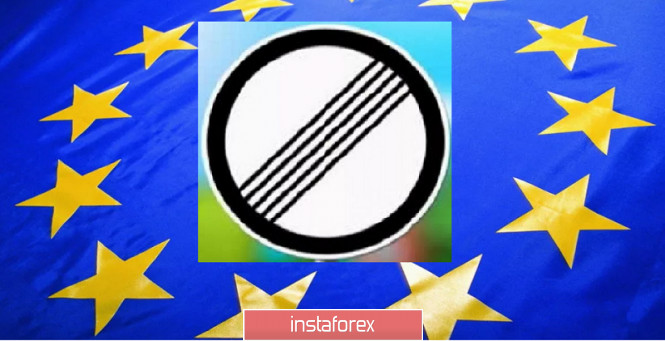
Chancellor of Germany, Angela Merkel, announced plans to gradually lift the restrictions imposed to fight the coronavirus pandemic. Social distancing will remain valid until May 3, and Merkel strongly advises wearing masks in public places.
According to Merkel, stores, with an area of up to 800 square meters, can resume business next week, as long as they have "hygiene plans".
Schools, on the other hand, will begin to open on May 4, thanks to the new safety measures regarding breaks and school buses. Priority will be given to students who pass the exams.
Car dealers, bicycle shops and bookstores can also resume business, regardless of their size. Hairdressers will also be allowed to open from May 4, as long as they follow strict hygiene measures.
The country "should remain vigilant with the virus, but still keep going," Merkel said. "We do not have time to maneuver," she added.
Large public gatherings, meetings, and celebrations are banned until August 31.
Germany is the last country in EU to start lifting restrictions.
Denmark has already reopened schools and nurseries for children under 11 years old.
Construction and production work has resumed in Spain.
On Tuesday, thousands of small shops opened in Austria. Moreover, from May 1, outdoor sports such as tennis, golf and athletics will be allowed.
In some regions of Italy, bookstores and children's clothing stores reopened.
Meanwhile, Belgium will maintain its restriction until at least May 3.
France extended its standard restrictions until May 11.
Travel ban is lifted in Ukraine, but temperature must be checked before entering another city.
Russia is the only country who tightened its restrictions. Crimea imposed a travel ban, so movement between cities is forbidden. Travelling inside cities, on the other hand, is allowed, as long as you have a passport, and the distance is no more than 100 meters from the place of registration written on the passport.
In March, Europe's largest economy underwent a recession. According to the Ministry, EU experienced "a drop in global demand, interruption of supply chains, changes in consumer behavior and investor uncertainty."
Economists and governments are increasingly concerned about the effects of the pandemic. The head of the International Monetary Fund warned that the world is facing the worst economic crisis since the Great Depression in the 1930s.
Meanwhile, Europe expressed disappointment at Donald Trump's decision to cut funding for the World Health Organization (WHO).
According to Trump, WHO "failed to fulfill its primary responsibility" regarding the COVID-19 pandemic.
The head of the EU foreign ministry said that he "deeply regrets" US' decision, and reiterated that working together is the best strategy.
The Foreign Minister of Finland also tweeted that "US' decision to suspend WHO funding is a big disappointment." Finland will continue to support and increase funding for the organization this year.
US is the largest donor to WHO. Its withdrawal will disproportionately affect developing countries.
The material has been provided by InstaForex Company - www.instaforex.com